A potentially destabilising warning has emerged within the ruling coalition ahead of the Bihar assembly elections, with Union Minister and Hindustani Awam Morcha chief Jitan Ram Manjhi cautioning Lok Janshakti Party leader Chirag Paswan against repeating his 2020 electoral approach. Speaking on anticipated seat-sharing under the National Democratic Alliance, Manjhi said Paswan “had to face the consequences” for contesting independently in 2020 and suggested similar outcomes could follow if that strategy is repeated ahead of the year-end polls.
Manjhi’s warning underscored ongoing tensions between two NDA constituents, even as he reaffirmed his alignment with Prime Minister Narendra Modi and Bihar Chief Minister Nitish Kumar. He stressed that under the “double-engine” leadership, the state had seen significant advances in infrastructure, governance and law and order, reinforcing his confidence in the alliance’s current arrangement.
Chirag Paswan responded with restraint, calling Manjhi “like a father” and pledging respect despite the sharp admonition. He also cautioned the Opposition against portraying internal debate as division, asserting any such attempt would fail to gain traction.
Political analysts highlight the delicate nature of seat allocation discussions within the NDA, particularly involving smaller partners such as Paswan’s LJP, Manjhi’s HAM, and Upendra Kushwaha’s Rashtriya Lok Janata Dal. Manjhi recently projected optimism that final seat-sharing agreements would be reached by August, anticipating outcomes that would appropriately reflect each party’s standing ahead of the vote. Reportedly, LJP seeks representation across all 38 districts, HAM demands around 20 seats, and RLM lays claim to approximately 15. Insiders suggest LJP may receive 25–28 seats, with HAM allocated 6–7 seats and RLM securing 4–5.
Meanwhile, a senior NDA figure, Ramdas Athawale, indicated the alliance is unlikely to field Paswan as its chief ministerial candidate, advising him to continue his role as a Union Minister instead. This conveys a strategic decision by the NDA to prioritise stability and experienced candidates over new aspirants.
Examining the electoral history, analysts emphasise Paswan’s independent 2020 campaign had a disruptive impact. The LJP contested 143 seats and secured just one victory, but its presence is widely held to have fragmented the vote, contributing to JD’s diminished performance. The alliance retained power, but BJP emerged as leading partner, underscoring the electoral consequences of factional campaigning.
As Bihar gears up for elections later in the year, tension between two prominent Dalit leaders within the NDA signals both competition and caution. According to a Hindustan Times profile, Manjhi criticised Paswan for seeking a narrow support base, arguing that true Dalit leadership must transcend individual sub-castes and unite the broader marginalised population. Paswan, meanwhile, has positioned himself as the defender of Dalit welfare and security, presenting large-scale public rallies, including his recent “Bahujan Bhim Samagam” in Nalanda and Rajgir.
Sources within the NDA report that during internal discussions, Manjhi expressed readiness to oppose Paswan’s seat-sharing ambitions, stating publicly that should Paswan seek more seats than accorded, he would speak out decisively. This hints at growing assertiveness within the smaller parties vying for a greater share of influence.
Despite these tensions, the core NDA leadership continues to project unity. Manjhi emphasised that the alliance remains focused on securing electoral victory and maintaining the momentum of the double-engine model. A final seat-sharing agreement between BJP and JD, with allocations to minor partners like HAM, LJP, and RLM, is expected by August.
Chirag Paswan’s diplomatic reaction and Athawale’s public remarks reflect an effort by key players to contain internal friction and preserve strategic coherence. Nonetheless, the current exchanges underscore deep-rooted underlying rivalries within the Dalit leadership ranks of the NDA.
With elections approaching, how these internal dynamics influence campaigning, alliance discipline, and voter mobilization will be closely monitored. The interplay between unity and rivalry within the coalition may well shape the outcome of the 2025 assembly polls.
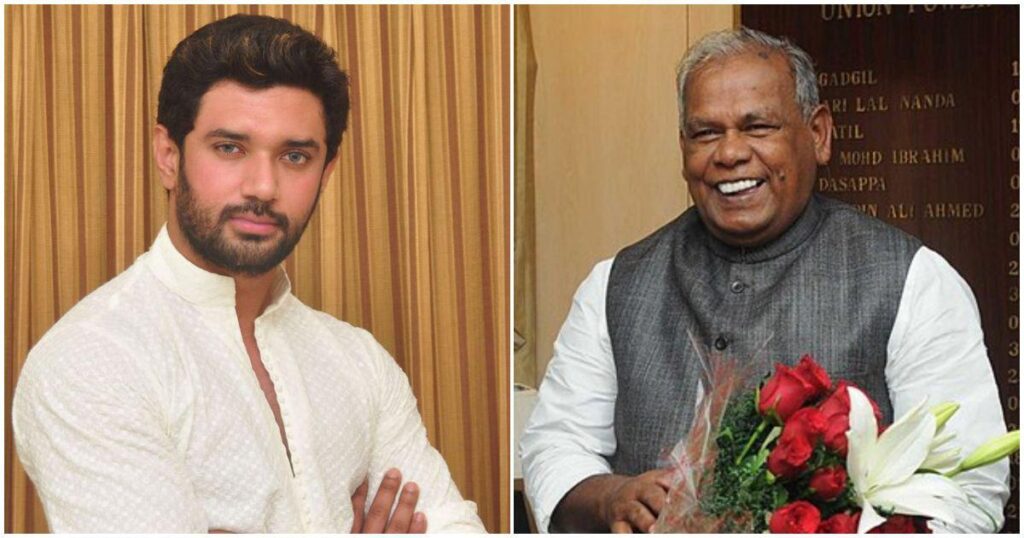
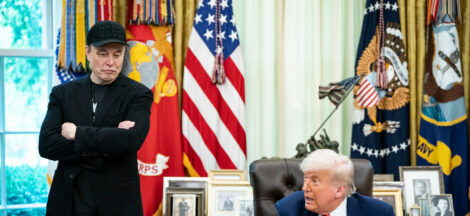
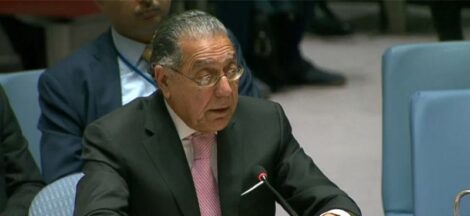
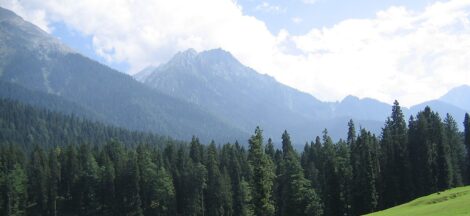
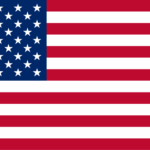 Musk Pushes ‘America Party’ as Trump Tensions Escalate
Musk Pushes ‘America Party’ as Trump Tensions Escalate 